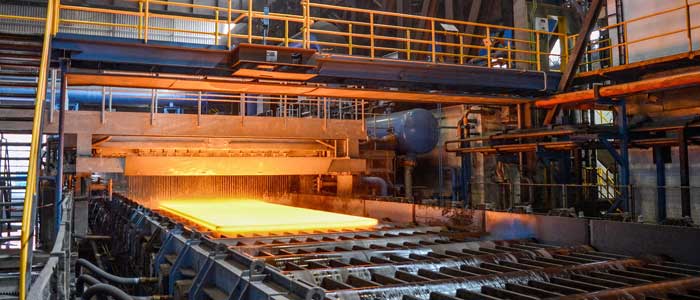Corrosion is an ever-present challenge in marine environments, where saltwater and harsh conditions can deteriorate even the most robust materials. For marine engineers, selecting the right materials is crucial to ensuring the longevity and safety of marine structures. This is where corrosion-resistant alloys come into play. These specialized materials offer protection against the corrosive effects of seawater, extending the lifespan of marine applications.
In marine environments, corrosion occurs when metals react with the chloride ions in saltwater, leading to oxidation and degradation. This can compromise structural integrity and result in costly repairs. To combat this, marine engineers rely on materials specifically designed for corrosion resistance.
The Role of Marine Alloys
Marine-grade alloys are engineered to withstand the harsh conditions of sea environments. These high-performance alloys are blended with elements like chromium, nickel, and molybdenum, which enhance their corrosion resistance. By forming a protective oxide layer on their surface, these alloys prevent further oxidation, ensuring durability even in the most challenging conditions.
Popular Corrosion-Resistant Alloys
Stainless Steel Alloys
Stainless steel is a popular choice in marine engineering materials due to its superior resistance to rust and corrosion. Grades such as 316 and 304 are commonly used, with 316 being particularly favored for its enhanced resistance thanks to its molybdenum content.
Aluminum Alloys
Lightweight yet strong, aluminum alloys are another excellent choice for marine applications. They resist corrosion effectively, making them ideal for constructing boat hulls and other marine structures. Alloy 5083 is widely used due to its excellent corrosion resistance and high strength.
Nickel Alloys
Nickel alloys, including Monel and Inconel, are known for their exceptional corrosion resistance and mechanical strength. These alloys are often used in more demanding marine applications, such as propeller shafts and seawater pumps.
Choosing the Right Alloy
Selecting the appropriate marine environment alloys depends on several factors, including the specific application, environmental conditions, and budget constraints. It’s essential to consider the alloy’s resistance to pitting, crevice corrosion, and stress corrosion cracking, which are common in marine settings.
Benefits of Corrosion-Resistant Alloys
The use of corrosion-proof alloys in marine environments offers numerous benefits. These materials reduce maintenance costs by minimizing the need for frequent repairs. They also enhance safety by ensuring the structural integrity of marine vessels and structures. Furthermore, their long lifespan contributes to sustainability by reducing the need for frequent replacements.
In conclusion, corrosion-resistant materials are a vital component in marine engineering, providing the necessary protection against the corrosive effects of seawater. By selecting the right alloys, marine engineers can ensure the durability and safety of their projects for years to come. For anyone involved in marine construction or maintenance, understanding the properties and advantages of these materials is key to successful operations in challenging environments.









